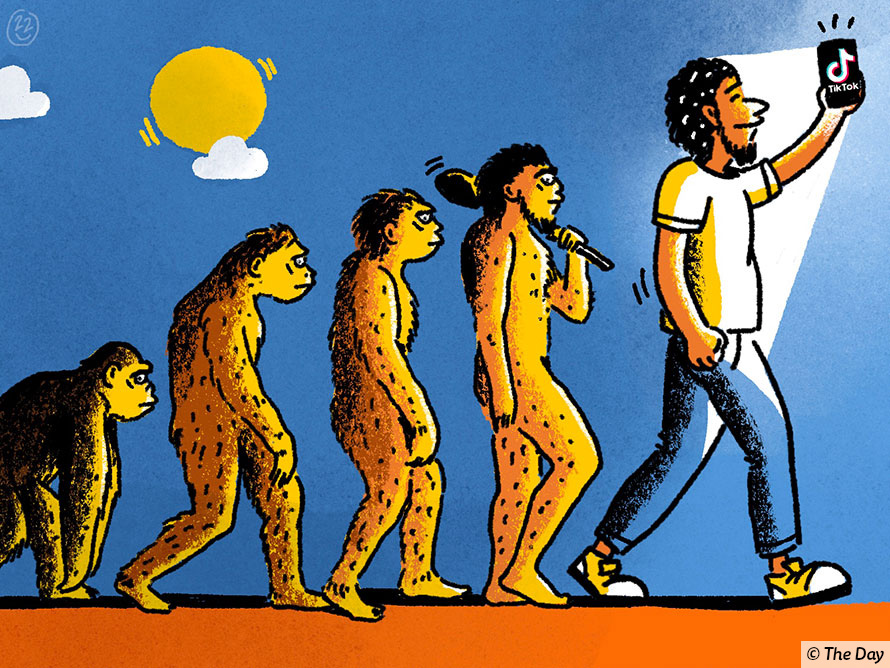Could screens be to blame? In the modern day we have surrounded ourselves with distraction machines. Some believe they are wasting not only our time, but our intellect as well.
Data shows humans losing brain power
 Digital dementia: New research across countries and ages reveals a growing struggle to concentrate, and declining verbal and numerical reasoning.
Digital dementia: New research across countries and ages reveals a growing struggle to concentrate, and declining verbal and numerical reasoning. Glossary
Ethnography - The scientific description of peoples and cultures with their customs and habits.
OECD - The Organisation for Economic Co-operation and Development.
numeracy - The ability to understand and use numbers.
Literacy - The ability to read and write.
AI Chatbots - Computer programs that simulate conversation with human end-users.
Cognitive - Relating to the processes of thinking and reasoning.
Synthesise - To combine information from multiple sources.
Generative AI - A type of AI that can create new content and ideas, including conversations, stories, images, videos, and music.
Analogous - Something that is similar to another thing.
Anecdotal - Based on personal accounts rather than facts or evidence.
Microplastics - Microplastics are fragments of degraded plastic that are less than five millimetres in length. They are blown into the atmosphere and transported by ocean currents.

